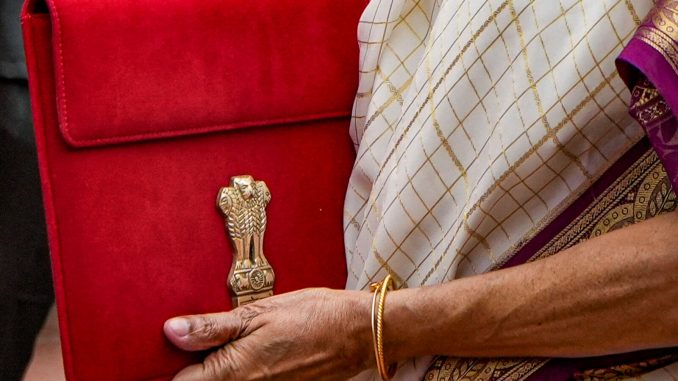
Crypto tax regulations remain unchanged, as Finance Minister Nirmala Sitharaman announced Budget 2024 on Tuesday, July 23. Crypto experts, however, had expected the government to reduce the tax deducted at source on the transfer of virtual digital assets under Section 194S to 0.01 per cent.
No changes in crypto tax regulations could potentially act as a double edged sword. While it could signal a predictable curve for the existing crypto investors, it could also slow down the sector’s growth, experts said.
Get Quick Cash in Minutes!
Best Personal Loan at Lowest Interest Rates
Instant Apply
Edul Patel, chief executive officer, and co-founder of Mudrex, said that the finance ministers decision to stay the “current tax rates on virtual digital assets (VDAs) has both pros and cons.”
No updation in crypto tax laws “might deter new investors and slow the sector’s growth,” Patel said. He said the current tax regime could further decrease the scope for adoption, and investment.
Maintaining the current tax rates, however, “provides predictability for existing crypto investors,” as this in turn, “will help support steady market growth,” said the Mudrex co-founder.
According to Budget 2022-23, crypto tax rules mandated that a flat rate of 30 per cent would be imposed on gains from virtual digital assets (VDAs) or crypto assets, irrespective of the individual’s income tax slab rate. Additionally, a 1 per cent tax deducted at source (TDS) was imposed on every transfer of such assets.
LTCG and STCG in Budget 2024
While the crypto sector’s expectations were unmet, Finance Minister Nirmala Sitharaman announced several changes in capital gains and trading activities. The tax rate on long-term capital gains for all financial and non-financial assets will rise from 10 per cent to 12.5 per cent. For certain financial assets, the tax rate on short-term gains will increase from 15 per cent to 20 per cent.
Budget 2024 marks the seventh consecutive presentation by Nirmala Sitharaman, and the first in Prime Minister Narendra Modi’s third term. The budget mainly witnessed major tax changes and focused on employment creation.










